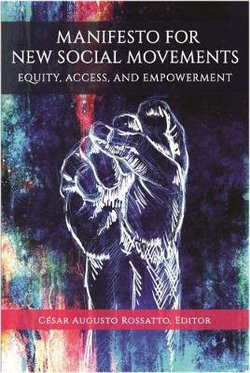
-
Books
-
Education
-
eBooks
-
Audio Books
-
Film & TV
-
Calendars, Diaries & Stationery
-
Giftshop

This title is in stock with our Australian supplier and should arrive at our Sydney warehouse within 2 - 3 weeks of you placing an order.
Once received into our warehouse we will despatch it to you with a Shipping Notification which includes online tracking.
Please check the estimated delivery times below for your region, for after your order is despatched from our warehouse:
Thanks for reviewing Manifesto for New Social Movements. We will process your review. Accepted reviews will be posted within 3-7 business days.
Be the first to know, stay up to date with what's trending and get staff picks in your inbox with our newsletter


Public: Allow anyone to view or shop your List
Private: No one can view or shop your List
We have kept your A&R details for your new Angus & Robertson account
We also noticed that you have previously shopped at Bookworld. Would you like us to keep your Bookworld order history?
We also noticed that you have an account on Bookworld. Would you like us to keep your Bookworld details, including delivery addresses, order history and citizenship information?
Share This Book